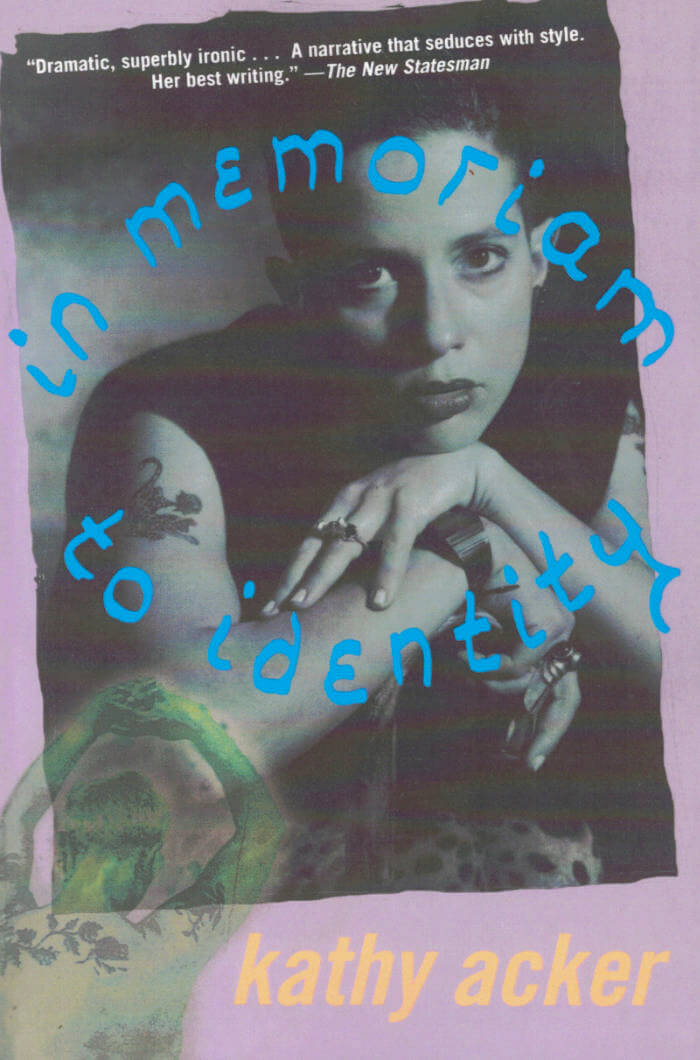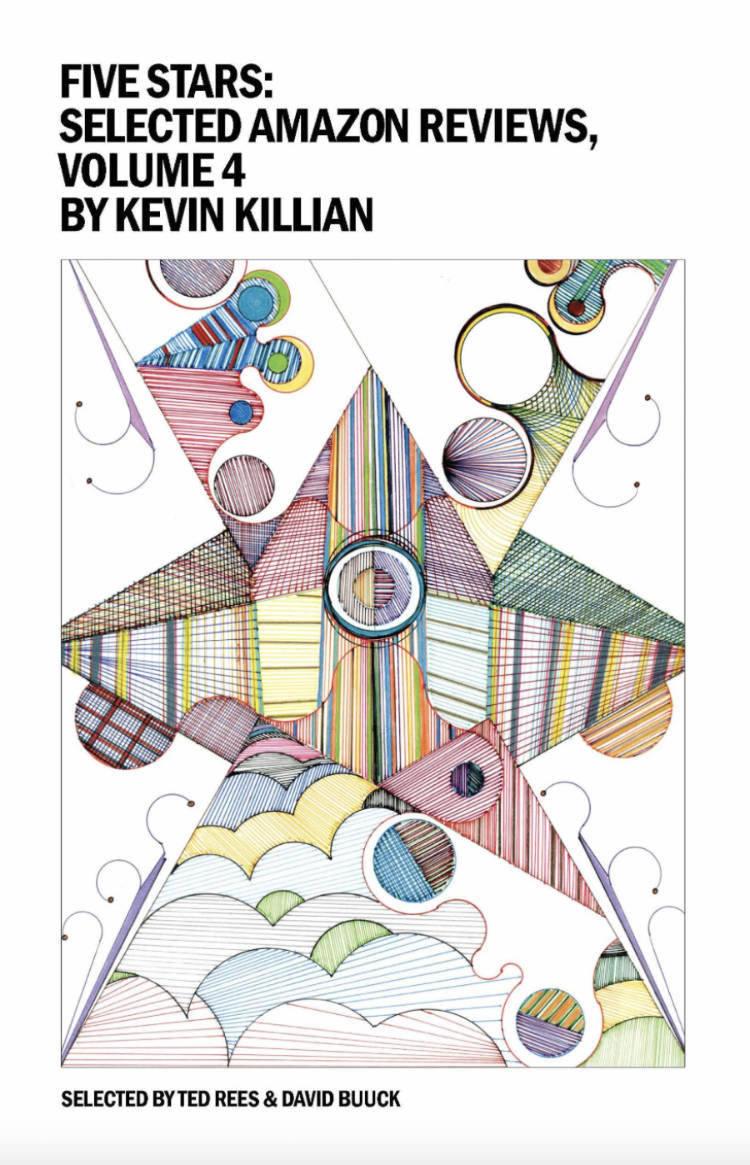
When The Sick Rule The World
A writer takes on subjects as varied as vomit, Kathy Acker's wardrobe, and Occupy Oakland, in lyric explorations of illness, health, and the body.
A moving meld of essay, memoir, and story, When the Sick Rule the World collects Dodie Bellamy's new and recent lyric prose. Taking on topics as eclectic as vomit, Kathy Acker's wardrobe, and Occupy Oakland, Bellamy here examines illness, health, and the body—both the social body and the individual body—in essays that glitter with wit even at their darkest moments.
In a safe house in Marin County, strangers allergic to the poisons of the world gather for an evening's solace. In Oakland, protesters dance an ecstatic bacchanal over the cancerous body of the city-state they love and hate. In the elegiac memoir, "Phone Home," Bellamy meditates on her dying mother's last days via the improbable cipher of Steven Spielberg's E.T. the Extra-Terrestrial. Finally, Bellamy offers a piercing critique of the displacement and blight that have accompanied Twitter's move into her warehouse-district neighborhood, and the pitiless imperialism of tech consciousness.
A participant in the New Narrative movement and a powerful influence on younger writers, Bellamy views heteronormativity and capitalism as plagues, and celebrates the micro-revolts of those on the outskirts. In its deft blending of forms, When the Sick Rule the World resiliently and defiantly proclaims the "undeath of the author." In the realm of sickness, Bellamy asserts, subjectivity is not stable. "When the sick rule the world, mortality will be sexy," Bellamy prophesies. Those defined by society as sick may, in fact, be its saviors.
Language: English







